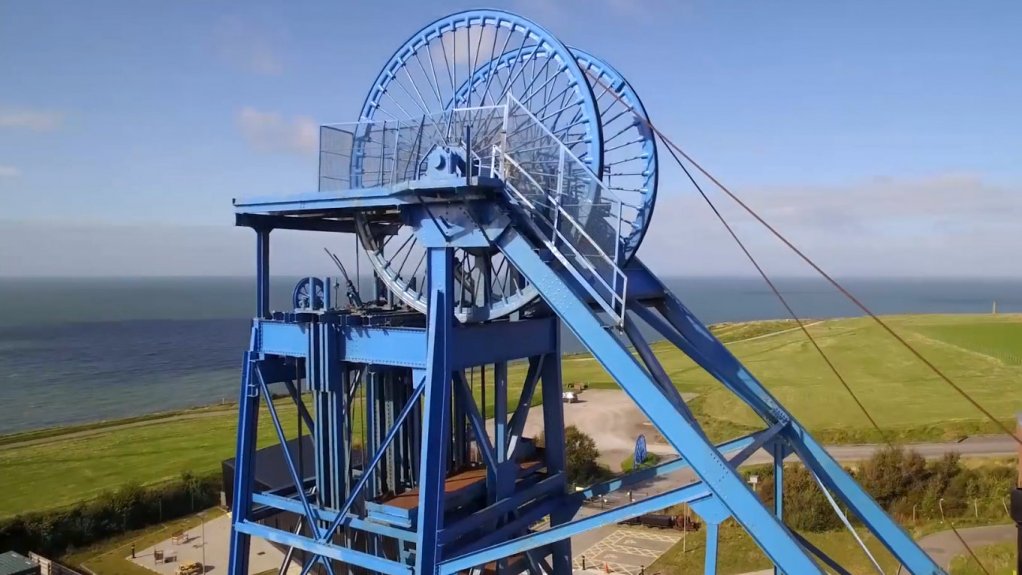
The Woodhouse Colliery would be the first new deep coal mine in the UK in three decades. It’s planned to be built in Whitehaven, Cumbria, northeast England.
While Johnson’s officials have publicly backed the colliery, Cumbria County Council on Tuesday said it would review its approval in light of the latest advice from the government’s independent climate advisers. Officials had previously said the project could go ahead as long as it shut down in 2049 – one year before the UK is supposed to have net zero emissions.
The Cumbria council backed the project in October that was subsequently approved by Johnson’s government. That sparked concern among the Climate Change Committee who said it would threaten the UK’s target to zero-out greenhouse gas pollution by mid-century and damage its reputation as a climate leader.
But since October, the CCC published its sixth carbon budget report. That sets out the amount of carbon that can be emitted between 2033 and 2037 if the UK is to meet its 2050 goal.
The CCC had warned that the decision to open up a new coal mine “gives a negative impression of the UK’s climate priorities.” That could also undermine Johnson’s efforts to play a leadership role in the United Nations global climate change talks, which he’s due to host in Glasgow in November.
“The UK cannot claim to be a climate leader whilst opening a new coal mine and ministers must realize that by doing so they undermine our credibility both at home and abroad,” Ed Miliband, business spokesman for the opposition Labour party, said.
For its part, the Conservative Party has said that the planning decision is for local government to determine.
Last week, Energy Minister Anne-Marie Trevelyan said it was better for the UK to have its own coking coal, rather than import it from overseas in order to make the steel needed for wind turbines, electric cars and nuclear power plants.
West Cumbria Mining, the company behind the project, was due to start production in the second half of this year. It plans to extract as much as 3.1-million tons of metallurgical, or coking, coal each year to use in steelmaking.


